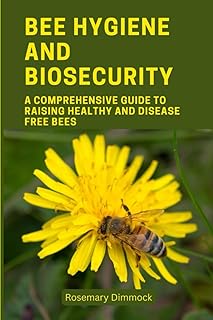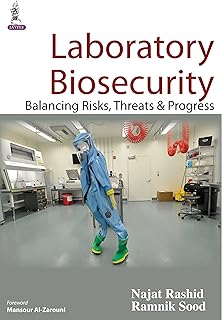An investigation is underway in Queensland after nearly 100 live samples of the deadly Hendra virus went missing from a state-run laboratory, raising concerns about biosecurity protocols. Health Minister Tim Nicholls announced the breach, which also involved samples of lyssavirus and hantavirus, attributing the disappearance to a freezer malfunction.
The breach, discovered in August 2023, has sparked worries about the mishandling of these dangerous pathogens. There is uncertainty over whether the missing materials were removed, destroyed, or simply misplaced during the transfer to an alternative freezer without proper documentation.
Despite the lapse in record-keeping, officials reassure the public that the risk to the community is minimal as the viruses would deteriorate quickly outside of controlled low-temperature conditions. Dr. John Gerrard, Chief Health Officer, emphasized that no recent cases of Hendra or lyssavirus infections have been reported in Queensland, and hantavirus has never been recorded in humans in Australia.
Hendra virus, a zoonotic disease that can transmit from animals to humans, gained notoriety in 1994 when it caused fatalities among horses and a trainer in Brisbane. Since then, Australia has witnessed multiple outbreaks, resulting in human and equine casualties. The missing samples, including lyssavirus and hantavirus, underscore the importance of stringent biosecurity measures in handling such hazardous materials.
The investigation, led by former Supreme Court Justice Martin Daubney, will delve into the laboratory’s governance and adherence to health service protocols. The review will scrutinize internal policies governing the storage and management of virus samples to identify any shortcomings and recommend corrective actions to prevent future breaches.
These developments unfold against the backdrop of another forensic science scandal in Queensland, where flaws in DNA sample analysis have affected over 40,000 criminal cases. The government faces scrutiny over systemic failures in the forensic lab, necessitating extensive retesting efforts that are expected to prolong legal processes for years to come.
While the missing virus samples pose a potential hazard, authorities are working diligently to address the breach and enhance biosecurity measures to safeguard public health. The outcome of the investigation and ensuing recommendations will be pivotal in fortifying laboratory protocols and restoring trust in the state’s health services.
📰 Related Articles
- Hendra Virus Resurfaces in Queensland Horse Community
- Queensland Racing Investigates Altercation Between Jockeys at Doomben
- Queensland Greyhound Racing: Brisbane Cup Postponed Due to Track Concerns
- Queensland Greyhound Racing Event Cancelled Amid Safety Concerns
- Queensland Considers Total Ban on E-Bikes Amid Safety Concerns






